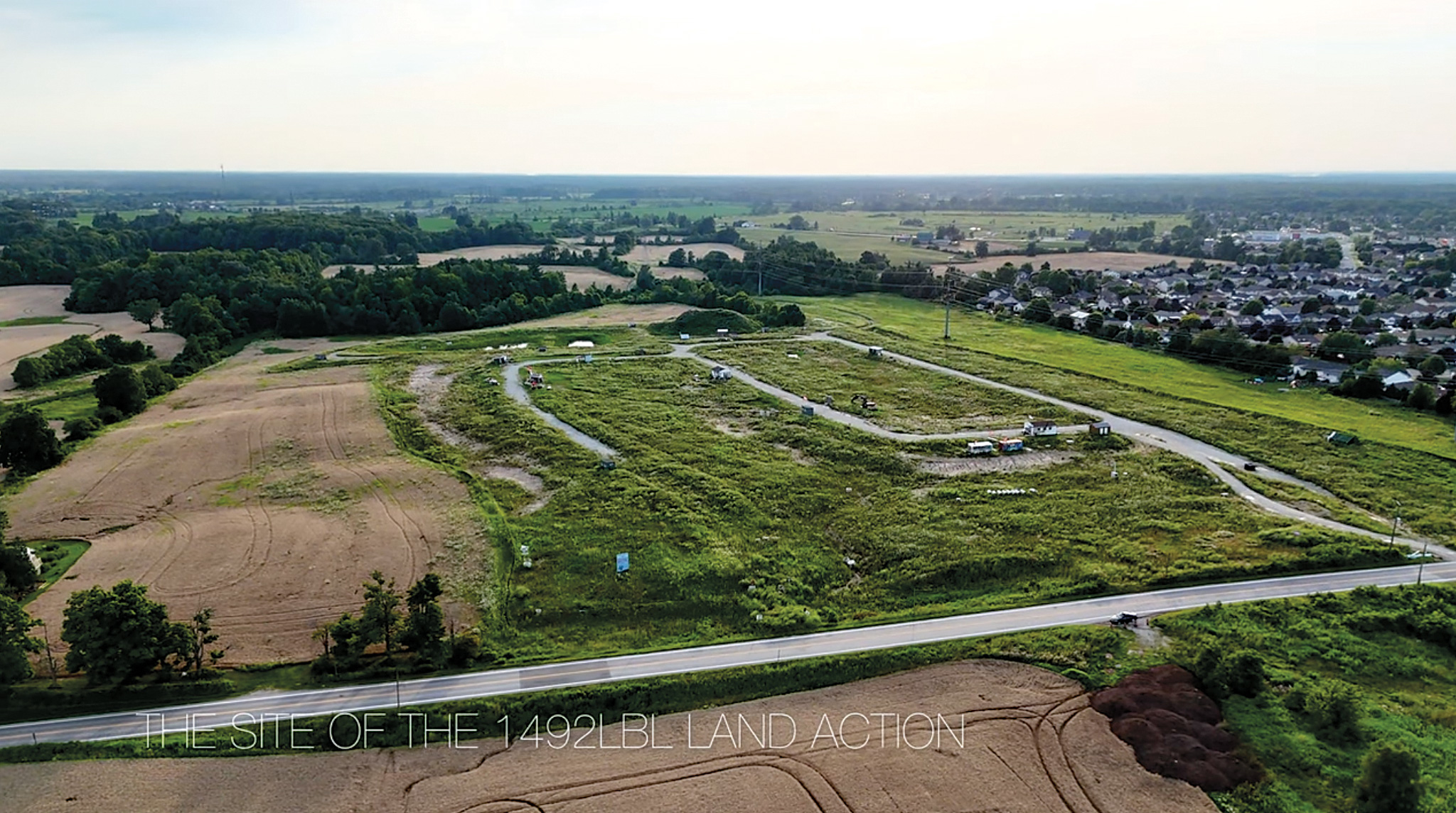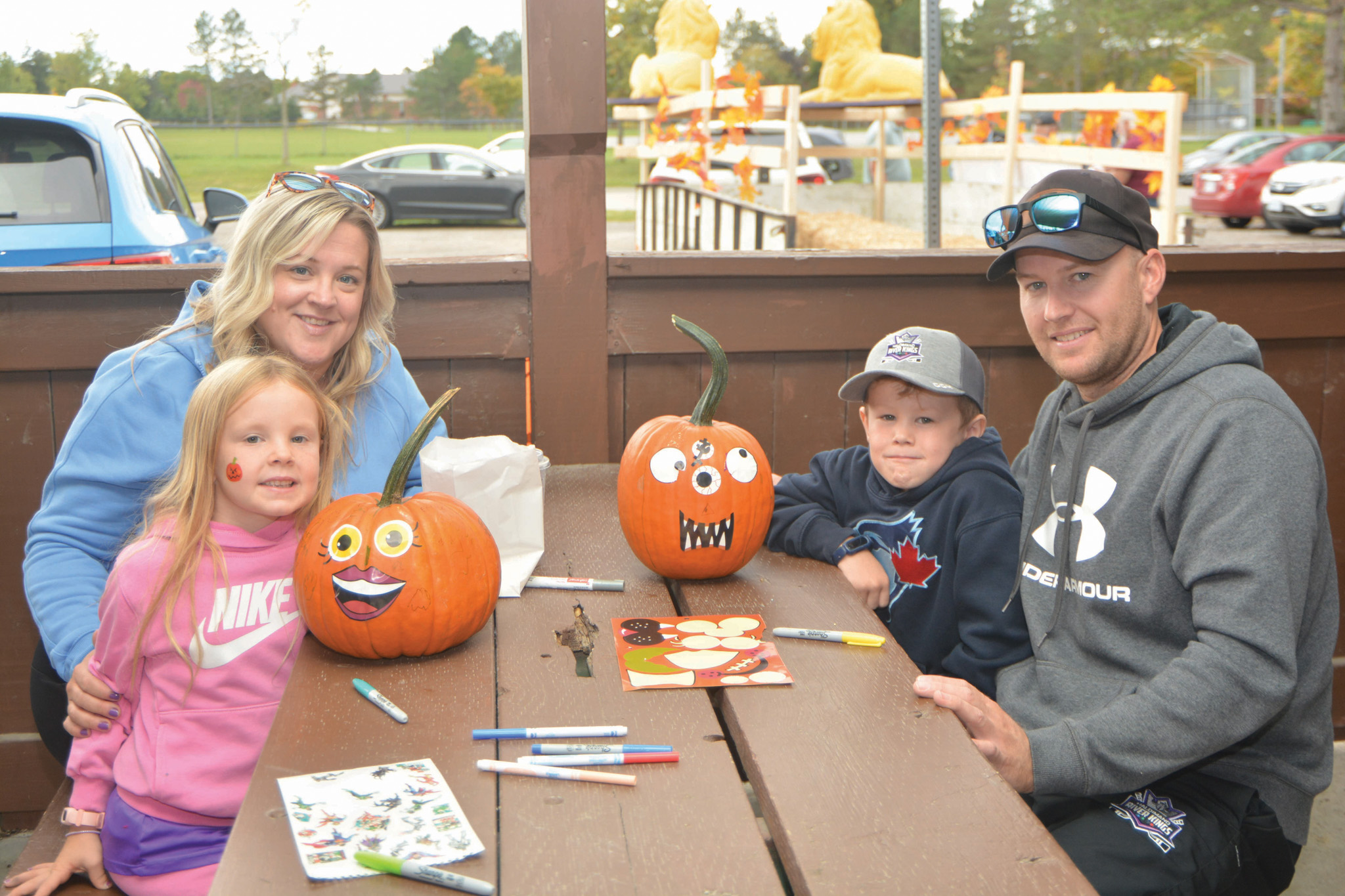Can you build garden boxes with your eyes closed, but struggle when it comes to actually growing anything in them? Do you want to brush up on your skills when it comes to baking your own bread? Or, do you have a wealth of knowledge when it comes to canning that you would love to share with others?
Toshia Shurr is the facilitator of the Haldimand chapter of Women in Homesteading. The founding chapter was launched in Marmora, Ontario in 2024, and now “there’s chapters scattered all over most of southern Ontario.”
Shurr is a registered massage therapist by trade.
“That led me down a little bit more of a holistic path,” she said. When she married a dairy farmer, “the two paths just sort of collided. I was growing my own herbal concoctions, and then I thought, ‘Well, we have the space, I might as well just grow my own food.’ So now we have chickens for eggs, and garden beds.”
Her interest in homesteading led her to the online homesteading group, and subsequently to launching a chapter locally.
Shurr said the Haldimand chapter members meet up every two weeks to share skills and knowledge that will help members and their families be more self-sufficient.
“We talk about things like animal husbandry, food preservation – whether that be canning or dehydrating, basic gardening, things to do around poultry and sheep, bread making, etc.,” she explained.
While Shurr has been one of the presenters at meetings, the intention is that she won’t be the only one as time goes on.
“Other people will participate in sharing their knowledge about what their specialty is,” she said.
Members aren’t charged to attend meetings, which Shurr hosts at her family’s rural Dunnville farm. There’s no skill level requirements to join either; everyone is welcome, from those who are just gathering information about what homesteading includes, to people who would be considered experts.
“We just really want participation,” Shurr said. “Because that’s how we learn; we meet with each other, we share our knowledge, and we grow as people and develop community.”
The group is very intentional with that last point in particular; while a lot of people got used to virtual meetings during the pandemic, the Women in Homesteading groups are in-person only.
“It’s important that we meet in person, we have those face-to-face conversations, we get to know our neighbours,” Shurr said. “Next to the skill and knowledge point, building those connections and relationships is what this is about.”
Because the purpose of the group isn’t just about helping people build self-sufficiency – it’s also about fostering community sufficiency.
One household might not be able to fulfil all of its needs, but bartering and trading can go a long way to filling the gaps.
“I might not have the woodworking skills that Helen up the road might have, so I might need to call her and ask her to help me build my new garden box,” Shurr suggested as an example. “That’s an important skill and time that Helen will be giving me. So maybe she doesn’t have chickens, and I can pay her with some meat or eggs.”
There has been a rising interest in homesteading to various degrees over the last few years. There’s any number of reasons why, but Shurr said in her opinion, “I think it’s mostly the cost of living.”
While food prices have gone up in recent years in general, she noted that this is especially true for out-of-season produce, and she suspects this trend will continue as time goes on. On top of that is the consideration of the ongoing tariff tensions with the United States. Shurr suspects some things “are going to become a little more unavailable” as a result.
However, if people can source items like fruit when they’re in season and preserve them, “then you have them on your shelf, with just as much nutritional value as it would be if you went to the store and paid far more for them out of season.”
Whatever reason a person might have for pursuing homesteading to whatever degree works for them, the end result is the same: “It just gives you a sense of self-security, knowing that you have what you need to live.”





